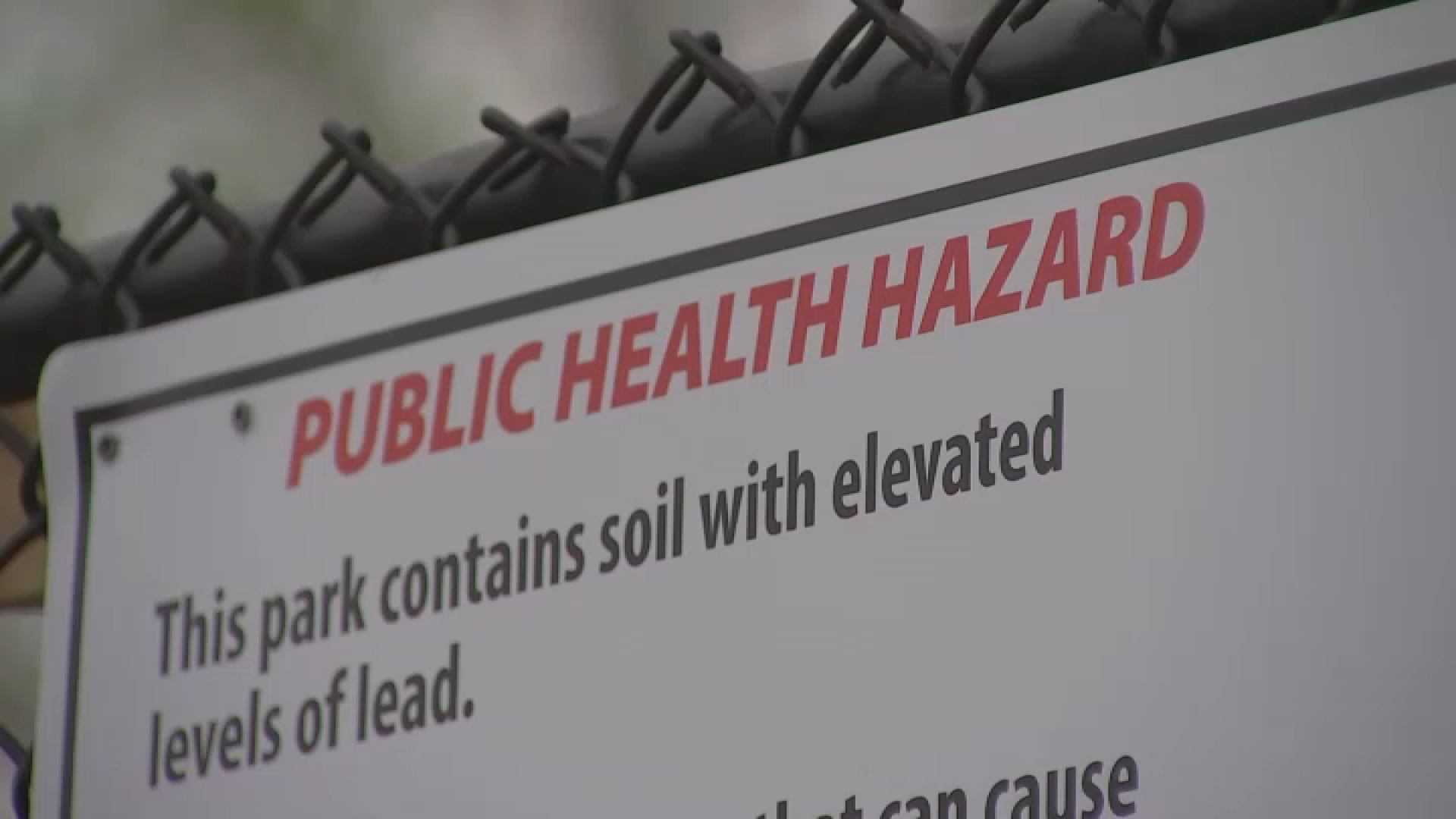The future of a century-old Philadelphia hospital remains murky amid the decision to end inpatient health services at the longtime community fixture.
West Philadelphia’s Mercy Philadelphia Hospital, founded in 1918, is set to end inpatient care, the hospital’s owners announced Wednesday. How long the process will take or what will become of the medical center, though, remains a mystery.
“There’s a lot of people sick around here and really need help, and they can’t afford it,” said Willie Bond, a resident of the area.
The 157-bed hospital is one of 23 inpatient acute care hospitals in Philadelphia. In 2018, it had more than 7,600 inpatient admissions, Philadelphia Health Commissioner Dr. Thomas Farley said.
In general, an inpatient hospital visit is one in which someone is admitted and stays overnight. Over the years, there has been a shift toward outpatient care, which generally means a patient does not stay overnight. Part of the reason for this shift, the Centers for Disease Control and Prevention notes, is advancements in medical technology that have reduced the need for overnight hospitalization for certain procedures.
In 2018, Mercy Philadelphia took in about 2.5% of inpatient admissions across all Philadelphia hospitals, which Farley said numbered 302,252.
Farley said city health officials were notified Thursday about the hospital’s plan to end inpatient services.
Health
Philadelphia law mandates that hospitals give the city’s public health department 180 days’ notice before a planned closure. That law passed only recently, after the sudden closure last year of the 496-bed Hahnemann University Hospital, which sent shockwaves through hospital workers and patients. Philadelphia’s law goes further than state requirements, which require 90 days’ notice prior to a closure.
However, Mercy Philadelphia has not set a clear date for when it plans to halt inpatient services.
“It is too early to speculate on a timeframe for this process or its outcome,” said Ann D’Antonio, a spokesperson for Trinity Health Mid-Atlantic, which owns Mercy Philadelphia. “However, we know this transformation will take time, and we are dedicated to carrying out this process in a deliberate and responsible manner, keeping in mind—at all times—the best interests of our patients, physicians and employees.”
D’Antonio said the decision to end inpatient care stems from the “financial realization” that continuing inpatient services in the long term is untenable.
The hospital’s inpatient services include behavioral health treatment like psychiatric and substance abuse care. D’Antonio said those will continue for now, but cautioned that, “We will not have a full picture of our services moving forward until our assessments and planning are complete.”



